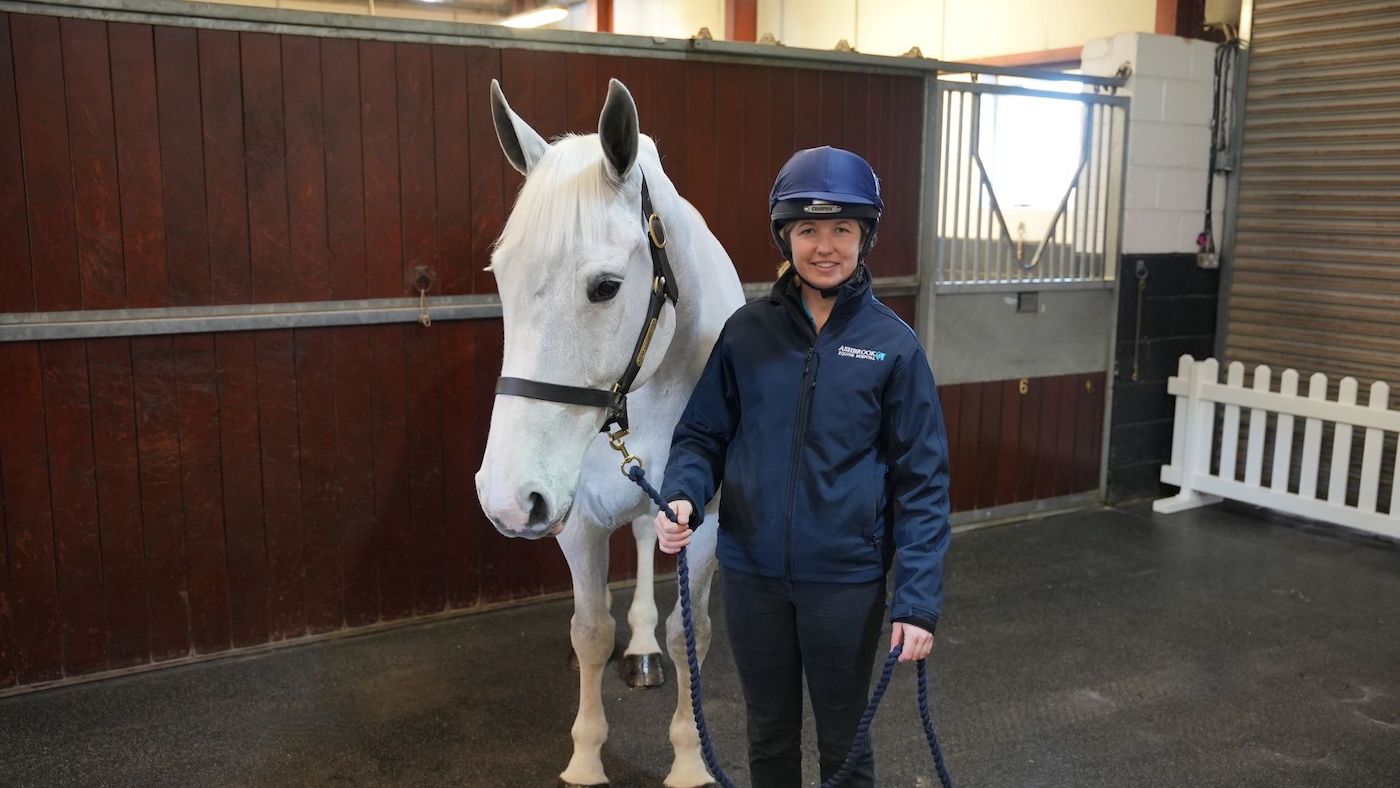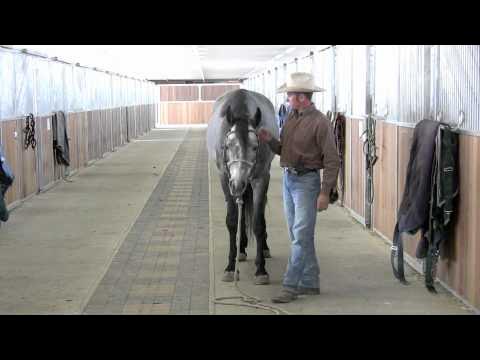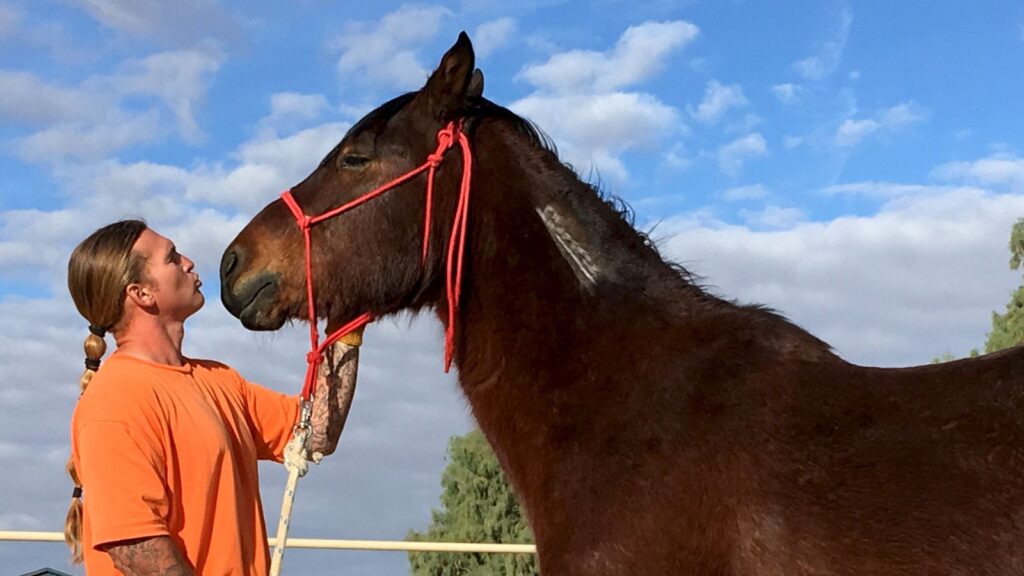Overcoming Resistance to Bridling in Your Horse

Bridling is a fundamental part of horse training and riding, but many horse owners face challenges when their horses resist this essential step. Understanding why horses resist bridling and how to address these issues can make the process smoother and more enjoyable for both you and your horse.
Why Do Horses Resist Bridling?

Resistance to bridling can stem from various causes, including discomfort, fear, or lack of proper training. Common reasons include:
- Physical discomfort: Ill-fitting bridles, dental problems, or mouth sores can cause pain.
- Fear or anxiety: Horses unfamiliar with the bridle or those with negative past experiences may be apprehensive.
- Lack of trust: A horse that doesn’t trust the handler may resist.
- Improper handling: Rough or inconsistent handling can increase resistance.
Steps to Overcome Resistance
1. Check for Physical Issues
Before training, ensure the bridle fits well and the horse’s mouth is healthy. Consult a veterinarian or equine dentist if necessary.
2. Build Trust and Comfort
Spend time grooming and handling your horse gently. Use positive reinforcement to create a calm environment.
3. Introduce the Bridle Gradually
Allow the horse to sniff and explore the bridle. Start by placing it near the horse without fastening it.
4. Practice Desensitization
Slowly introduce the bridle parts to the horse’s face and mouth, rewarding calm behavior.
5. Use Proper Techniques
Apply the bridle gently and avoid forcing the horse. Consistency and patience are key.
Tips for Success
| Tip | Description |
|---|---|
| Use treats wisely | Reward calm behavior to reinforce positive associations |
| Stay calm and patient | Horses can sense frustration, which may increase resistance |
| Regular practice | Short, frequent sessions are more effective than long, infrequent ones |
Frequently Asked Questions (FAQ)
Q: How long does it take to overcome bridling resistance?
A: It varies by horse, but consistent, gentle training over days to weeks usually helps.
Q: Can resistance indicate a health problem?
A: Yes, always check for physical issues if resistance is sudden or severe.
Q: Should I seek professional help?
A: If resistance persists despite your efforts, consulting a trainer or veterinarian is advisable.
By understanding your horse’s perspective and applying these strategies, you can overcome bridling resistance effectively, ensuring a positive experience for both you and your horse.
